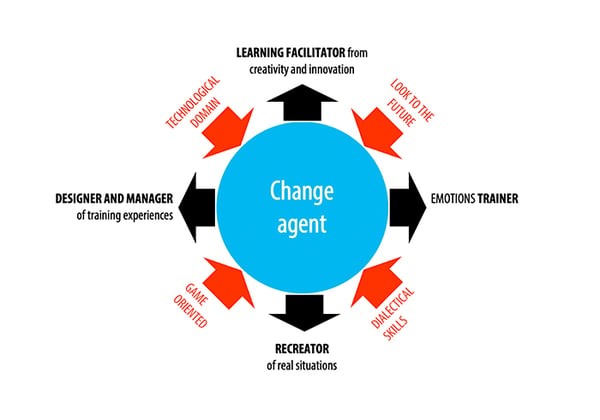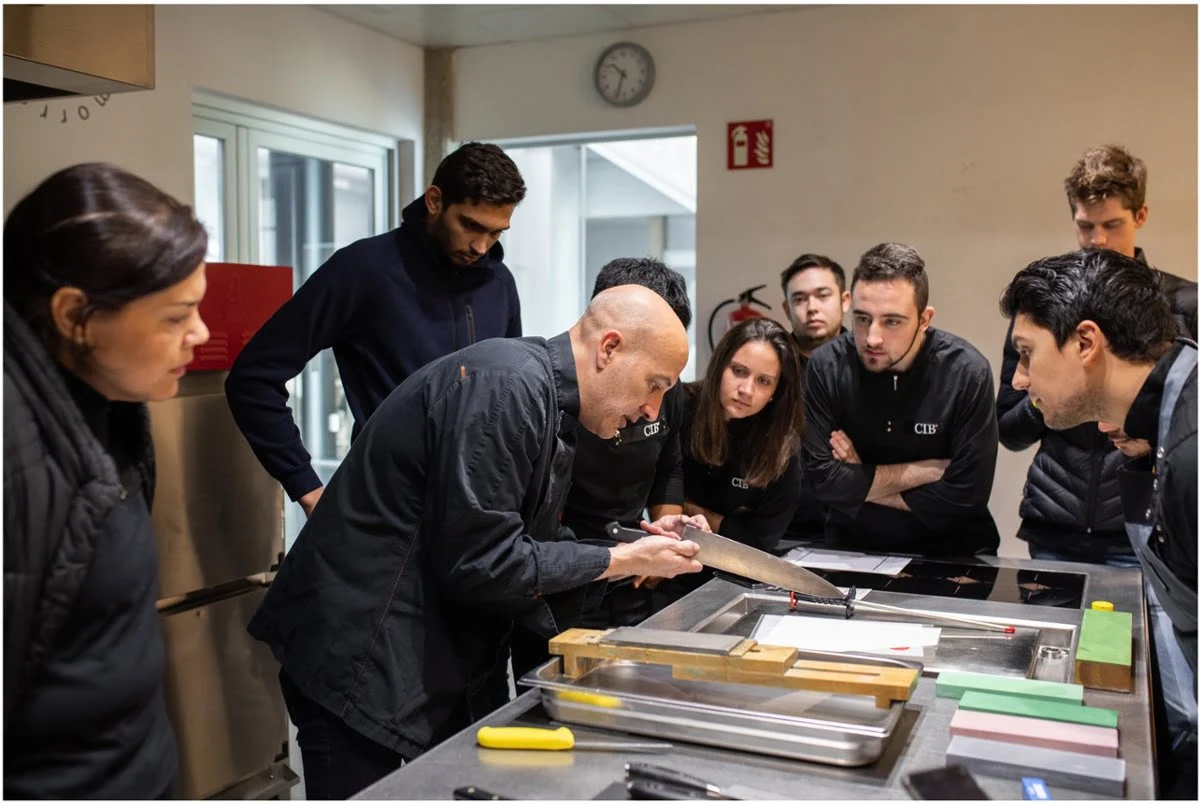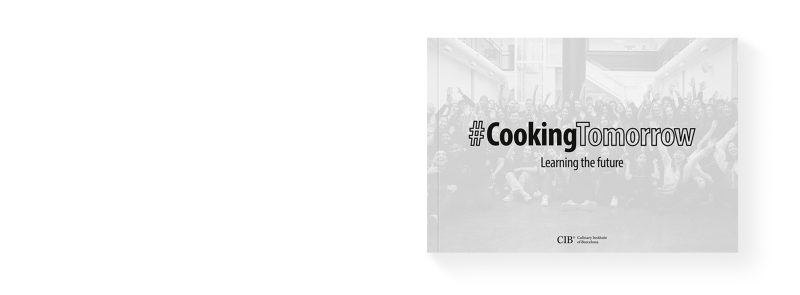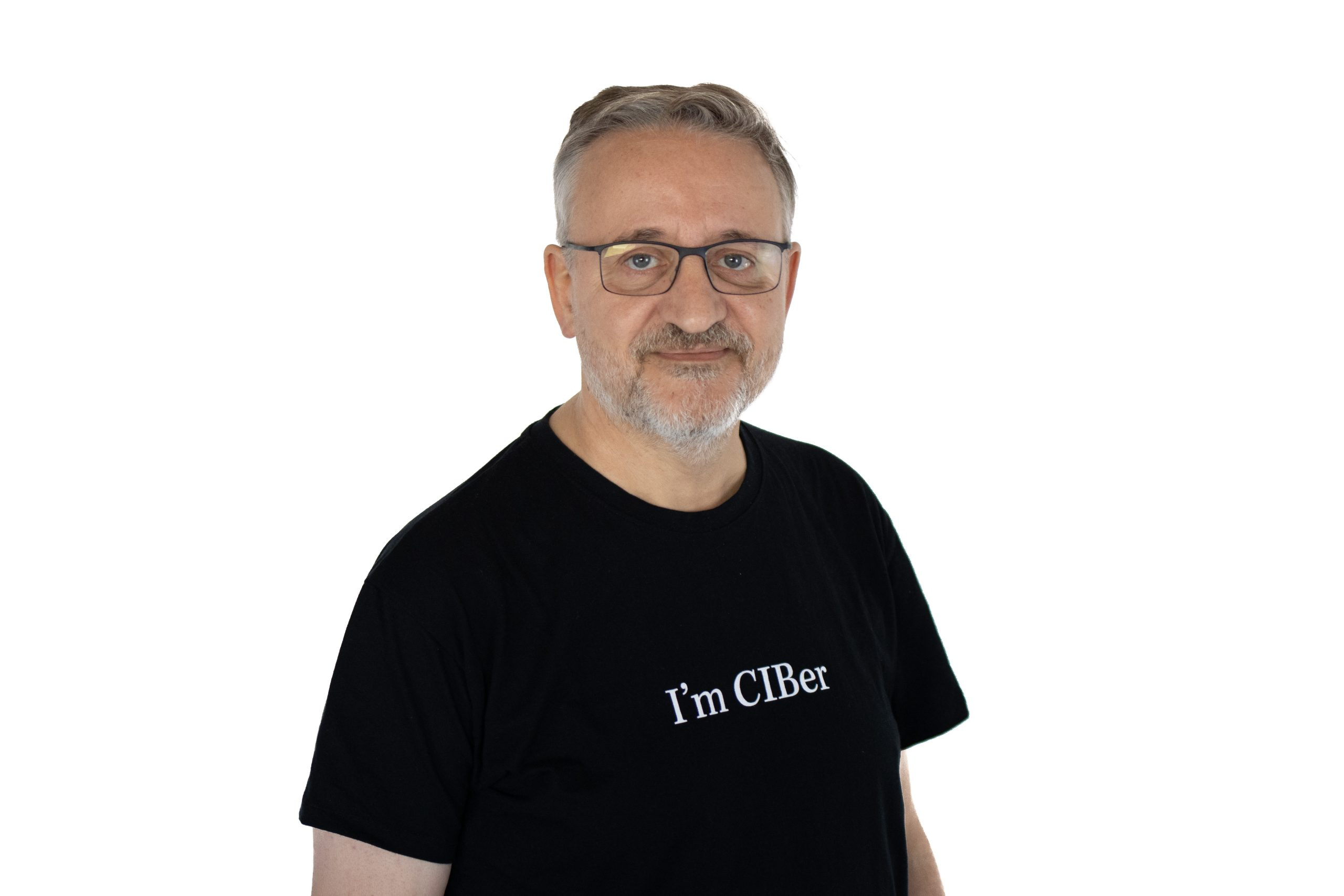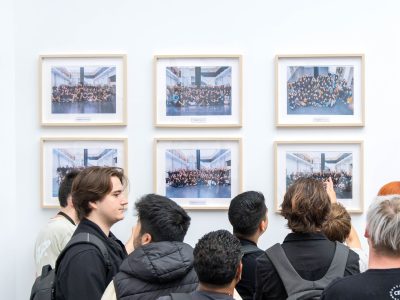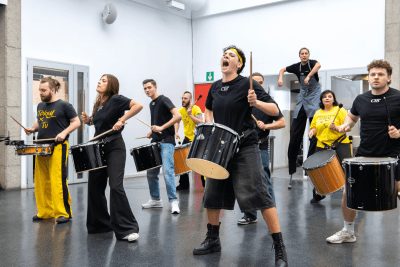The new skills of the 21st century’s teacher require a permanent look to the future. We must stop insisting on replicating the past to focus on showing the possibilities of the imminent and more distant future. Students must learn to look ahead so that when they exercise their profession they know how to face the future in the right direction.
Go from being knowledge transmitters to being generators of initiatives. To become motivators of knowledge through dialectical skills to enhance synchronous, horizontal and dialogue-based language, being stimulators of the student’s active participation.
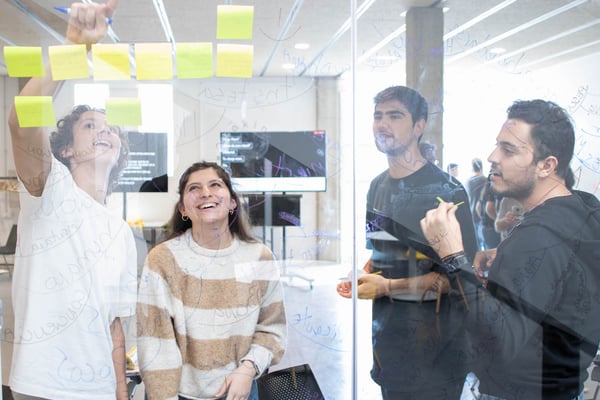
This new way of interpreting teaching requires that CIB teachers go from being possessors to facilitators of knowledge.
- We demand professionals with soft skills such as the ability to reinvent themselves to become facilitators and builders of knowledge.
- We abandon the competency-based model where the all-knowing teacher sits in front of silent students while they listen and obey.
- We educate from other principles and with other ways. There are agile, free and easily accessible tools to do so, so there is no excuse.
Today, students can learn more and more efficiently without having the teacher in front of them, because the Internet provides them with information from any device connected to the network.
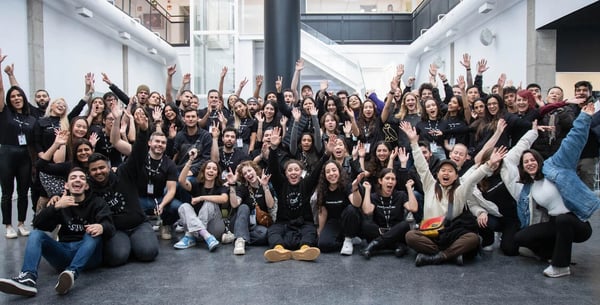
The teacher validates what has been learned and teaches how to put it into practice. It is about building knowledge in the classroom, not memorizing or receiving it.For this, in our educational model we define four new functions of the teacher:
- The teacher is the facilitator of learning, creativity and innovation: From being a transmitter of knowledge to being the generator of initiative and motivation towards knowledge, regardless of the educational and curricular level of the student.
- The teacher is an educator of emotions: Although reason is what teaches, you learn from emotion. Therefore, those teachers capable of transmitting from emotion will reach their students much more. Teachers are capable of expressing themselves and emitting emotions because they live that experience with passion are always the most remembered, the most influential and those who have the most impact on the student, to the point that it is through this type of trainers that many acquire his professional vocation.
- The teacher must have the ability and didactics to recreate real situations and show how to act positively in them: The best way to solve a problem is to experiment with the problem. New trainers have to use the real world to solve the real world. Being able to transfer their personal experiences to the classroom and present them as training tools so that, in the future, students know how to better deal with the problems that arise.
- The teacher is a designer and manager of comprehensive training experiences: New teachers must interpret each session as a work in itself, as a product, where there are insights (needs to be covered by the student), objectives to be met and delights (which due to its extraordinary nature will be valued by the student as something exceptional and unique.)
